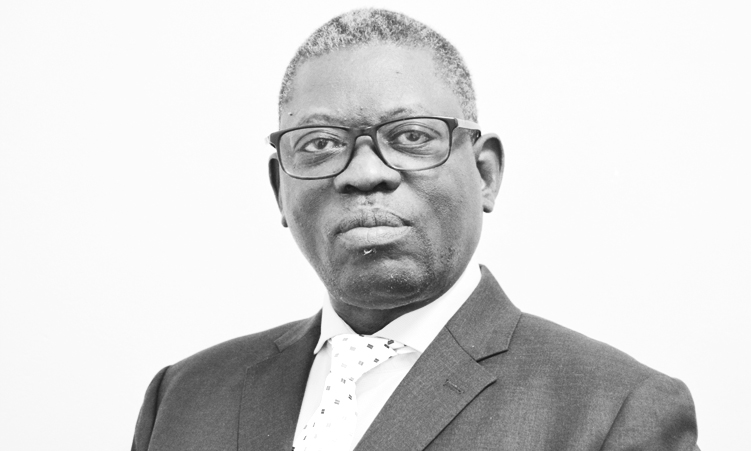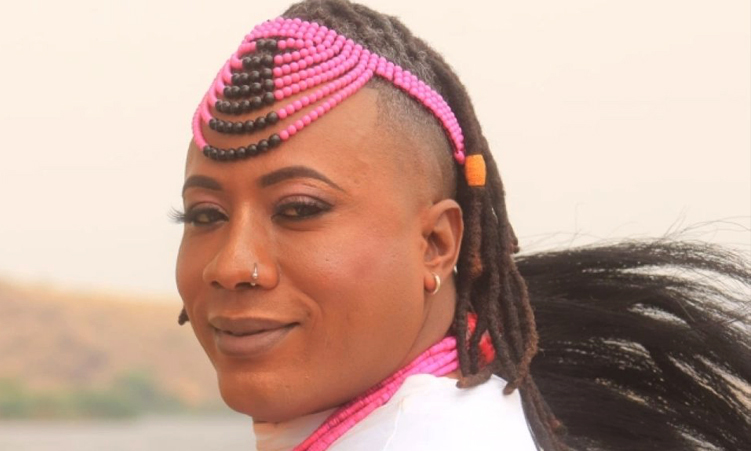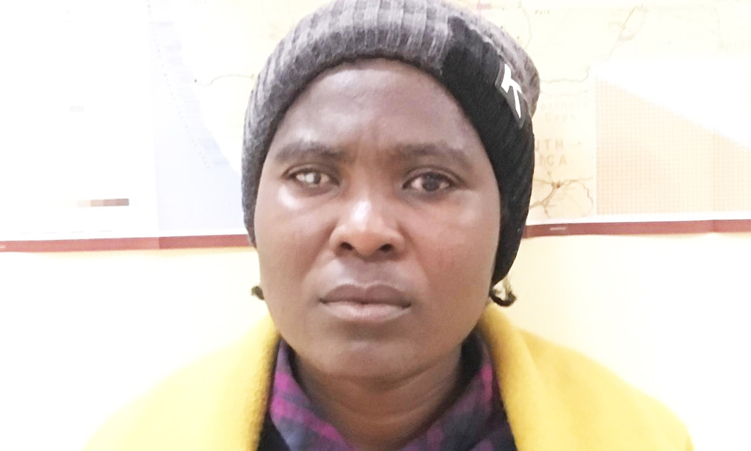This month’s High Court decision declaring the crimes of ‘sodomy’ and ‘unnatural sexual offences’ unconstitutional and invalid has ignited significant debate over same-sex issues in Namibia.
It follows an earlier Supreme Court ruling requiring Namibia to recognise same-sex marriages concluded outside Namibia for immigration purposes.
These landmark rulings challenge deeply entrenched norms and have spurred political action and controversy.
Prominent political figures have voiced strong opposition to the recognition of same-sex marriages, citing cultural and traditional values they believe are incompatible with Namibian cultural norms and practices.
However, a closer examination reveals that these sentiments are rooted in Western influences from the colonial era, rather than indigenous Namibian traditions.
- • Colonial Influence on Namibian Legal and Social Norms
The arrival of the European colonisers in the late 19th century marked a profound turning point for Namibia.
Under German colonial rule and later South Africa’s apartheid administration, Western legal and social norms were imposed on indigenous populations.
These norms included strict codes of sexual conduct, heavily influenced by European Christian values, which criminalised same-sex relations and categorised them as immoral and unnatural.
This disrupted existing cultural practices and norms, which were generally more accepting of diverse expressions of sexuality.
Colonial laws that criminalised same-sex relations, first introduced and promulgated in 1927, led to a more rigid and intolerant view of human sexuality. These beliefs, reinforced by segregation policies and Biblical references, became entrenched during the colonial period and persisted into independent Namibia.
As a result, our new nation inherited a legal system that continued to criminalise same-sex relations.
Laws defining sodomy and unnatural sexual offences reflected these colonial-era values and were maintained for decades after independence.
Ironically, no Namibian had a say in the introduction of these laws, yet there is zealous appropriation of those laws and a feverish quest to maintain them in our legal framework.
- • Same-Sex Relations is Not New to Our Culture
Contrary to the perception that same-sex relations are against Namibian cultural norms, historical records and oral traditions indicate that Namibian societies were historically tolerant of such relationships.
The Oshiwambo-speaking people, one of Namibia’s largest ethnic groups, recognised various forms of same-sex relationships.
Men who dressed and lived as women, known as ‘eshenge’, were accepted in their communities and often took on significant social and cultural roles.
This tradition continues in some forms today.
Similarly, among the Ovaherero-speaking people, gays and lesbians were revered and were among prominent storytellers, traditional healers and the very keepers of our customs and norms.
In the Nama/Damara cultures, there are accounts of same-sex relationships being accepted and respected as well.
These cultural practices highlight a diverse landscape that was more inclusive and tolerant before the imposition of Western norms.
- • Cultural Roots and Religion
The influence of Western concepts and Biblical references profoundly reshaped present-day attitudes towards same-sex relations in Namibia.
With more than 90% of Namibians identifying as Christian, the colonial legacy and Christian teachings have entrenched the legal and moral framework that stigmatises and criminalises same-sex relationships.
One may argue that the very text used to validate the marginalisation of the LGBTQ+ community is a foreign concept rather than a reflection of historical Namibian cultural practices.
By relying on the Bible to exclude certain demographics, contemporary society may be distancing itself from its own cultural roots, which were more accepting of same-sex relationships.
- • Reconciling Historical Tolerance with Modern Norms
The challenge now lies in reconciling these imposed norms with Namibia’s rich cultural history of tolerance and acceptance.
By abolishing the colonial and Christian influences that have shaped contemporary attitudes, we have the opportunity to foster a more inclusive and equitable society.
The High Court verdict is just the beginning of revisiting and embracing traditional practices.
It provides an opportunity to cultivate acceptance and respect, helping us honour our cultural heritage while promoting inclusivity.
In conclusion, the debate over same-sex relations in Namibia is deeply intertwined with the country’s colonial history and the influence of Western, particularly Christian, values.
Recognising and addressing these influences is crucial for Namibia as it seeks to build a society that respects the rights and dignity of all its citizens.
By reconnecting with our historical values of tolerance, we can pave the way for a more inclusive future.
- * Kaitira E Kandjii is a farmer at Okatjombua; the views expressed here are his own.
Stay informed with The Namibian – your source for credible journalism. Get in-depth reporting and opinions for
only N$85 a month. Invest in journalism, invest in democracy –
Subscribe Now!






